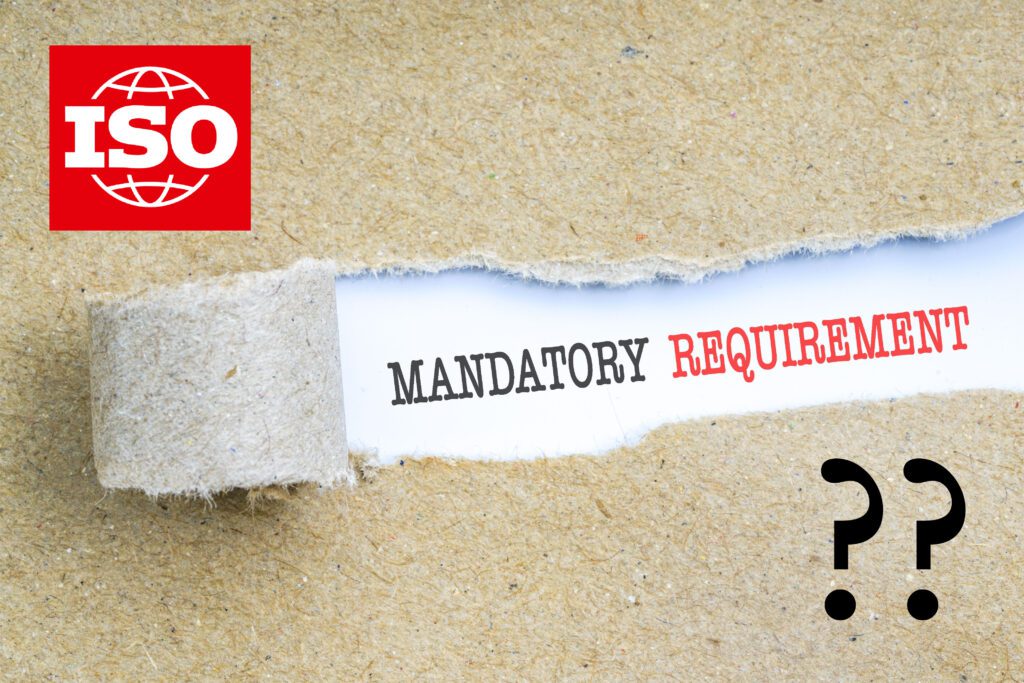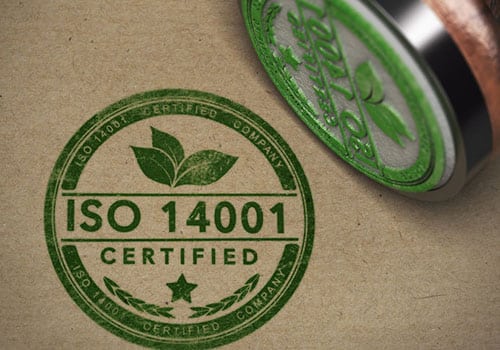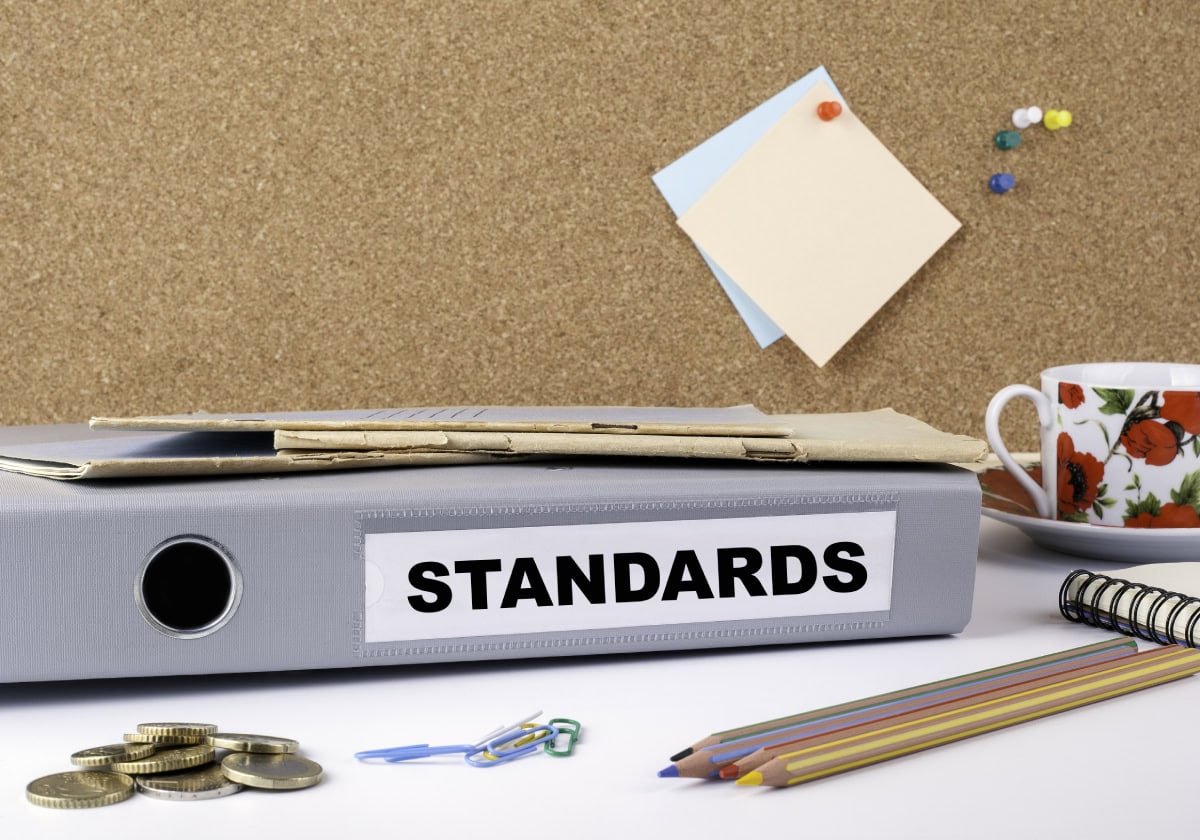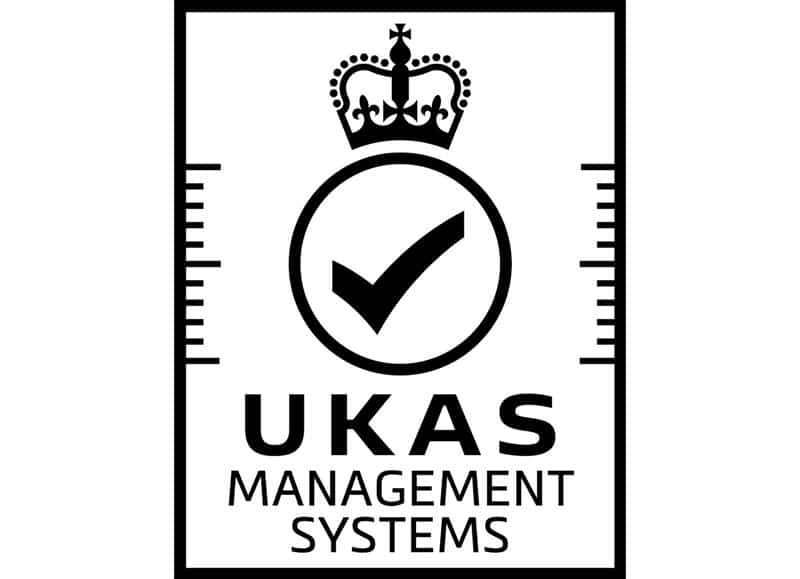In today’s rapidly evolving business landscape, maintaining a stable and efficient management system is crucial for success. One powerful solution that businesses are increasingly turning to is the hiring of ISO consultants. This shift in the market reflects a recognition of the need for specialised expertise and a desire for simplicity and effectiveness in system execution.
1. Navigating Staff Turnover with Expert Guidance
Staff turnover is a common challenge faced by many organisations. High turnover rates can disrupt established systems, leading to inefficiencies and increased costs. ISO consultants offer a strategic advantage by providing expert guidance that remains consistent despite changes in internal personnel. With their specialised knowledge, consultants can seamlessly integrate into the organisation, ensuring the continuity and stability of the ISO management system.
2. Simplicity in System Execution
One of the primary benefits of hiring an ISO consultant is the simplicity they bring to system execution. A good consultant focuses on streamlining processes and eliminating unnecessary complexities. This ensures that the ISO management system is not only effective but also user-friendly. A simplified system is easier for employees to understand and adhere to, fostering a positive organisational culture.
3. Avoiding Internal Overcomplication
Internal resources, while well-intentioned, may inadvertently overcomplicate the implementation of ISO standards. This can lead to confusion among employees and hinder the overall effectiveness of the management system. ISO consultants, being external experts, have a fresh perspective and can identify and eliminate unnecessary complexities. This results in a leaner, more efficient system that aligns with industry best practices.
4. Cost-Saving Opportunities
Hiring a full-time internal resource to manage the ISO system can be a costly endeavour. ISO consultants offer a cost-effective alternative. Organisations can benefit from the expertise of a consultant without the long-term financial commitment of a full-time employee. This cost-saving aspect is especially significant for smaller businesses with limited resources, allowing them to allocate funds to other critical areas of their operations.
5. Broadening the Pool of Talent
Engaging an ISO consultant opens up opportunities for organisations to broaden their pool of talent when hiring for positions related to quality or safety, such as a SHEQ (Safety, Health, Environment, and Quality) officer. Since the consultant can lead the system’s implementation, there is flexibility in hiring a candidate with lesser skills and experience, who can then grow into the role under the consultant’s guidance. This not only provides a pathway for career growth but also ensures a continuous improvement mindset within the organisation.
In conclusion, the decision to bring in an ISO consultant is a strategic move that goes beyond simple compliance. It represents a shift in market dynamics towards recognising the value of external expertise, simplicity in system execution, and cost-effective solutions. By embracing the benefits of ISO consultants, organisations position themselves for long-term success in an ever-changing business environment.






















